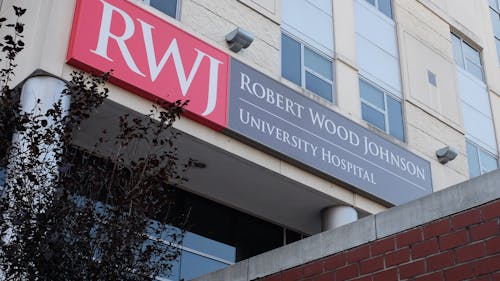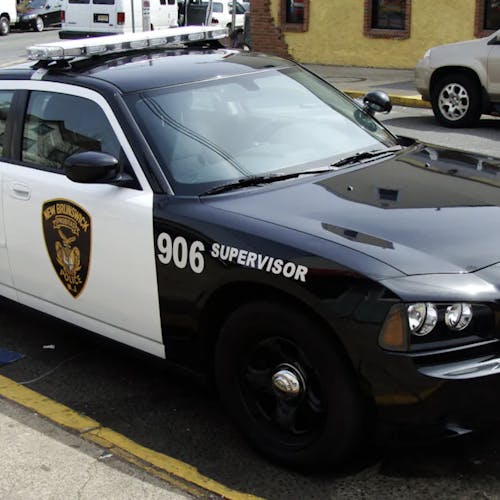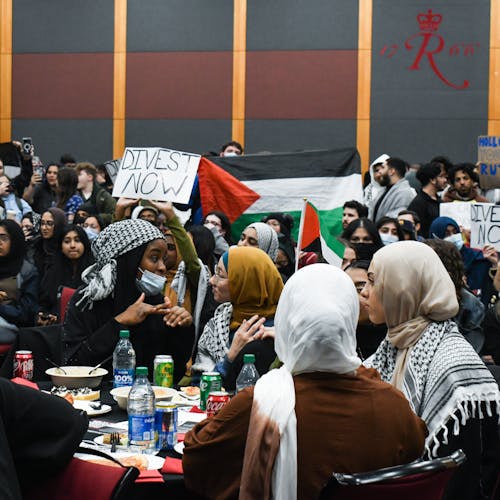Rutgers group helps New Brunswick residents find health insurance

Understanding the complexity of health insurance can be daunting to even the most trained eye, but Be Jersey Strong here at Rutgers is prepared to assist the local community.
Now in its second year, Be Jersey Strong is a statewide non-profit organization formed by New Jersey native Aakash Shah. There are numerous chapters across the state, but the Rutgers branch is particularly active, as it is immersed in the heart of New Brunswick, said Kelvin Liao, president of the local chapter.
“(Shah) wanted to recruit students across colleges in New Jersey, focusing on areas like Middlesex and Camden, because those were areas where there were particularly high rates of uninsured individuals,” said the School of Arts and Sciences junior.
The organization's primary goal is to educate uninsured local citizens on health insurance options, he said.
In order to provide the most comprehensive outline possible, members, who are both Rutgers students and community volunteers, are trained to give general overviews about the specifics of health insurance policies, he said.
Once the individual begins to seriously consider enrollment, the members suggest centers with workers who have the skill set to assist the individual through the process.
Members cannot explicitly register someone for health insurance, but they are a crucial asset in the education process, Liao said.
The members first delineate the realities of being uninsured, he said. They share statistics of how many uninsured people there currently are, as well as why it is so dangerous to remain uninsured. Many are under the impression that insurance is intangible or too costly for them.
“With the passage of the Affordable Care Act, health insurance premiums for low-income individuals have become more affordable and accessible,” said Daniel Greenfield, vice president and a School of Arts and Sciences junior, via email.
To those who are responsive to the idea, Greenfield said the members share common obstacles individuals may face when applying for insurance. From there, club members provide contact information for centers that can initiate action.
The initial struggle is seeking out uninsured people, Greenfield said.
It is necessary for the organization to analyze the routines of those who are, as a majority, uninsured, and consider where they are most likely to live, he said.
Those who are unemployed, disadvantaged, low-income or recent immigrants are most likely to be uninsured, he said. Once these cohorts are established, members visit locations that are speculated to host a majority of this demographic.
“One of the best places we found was actually Walmart, so we did a lot of canvasing right out of Walmart,” Liao said. “We found a pretty good rate, maybe one out of every three, four people you talk to would say ‘Yeah, I’m uninsured, and I’m interested.'"
These public locations are vital for reaching out to the target audience, Greenfield said. But it can still be difficult to reach out to individuals
Whereas many other chapters can rely on religious facilities, which are typical meeting places for recent, non-English speaking immigrants, the Rutgers chapter cannot, he said. This is why gathering places such as Walmart and town squares become essential.
Within its first year, Be Jersey Strong has forged contacts with more than 12,000 uninsured New Jerseyans, Greenfield said. With approximately 50 languages represented throughout all the New Jersey chapters, Be Jersey Strong is able to interact with a diverse and expansive demographic.
Closer to home at Rutgers, Liao said the organization is currently inactive in order to lay a more “ambitious set of initiatives” to complement the volunteers’ agendas.
With roughly 60 members recruited last year, Greenfield said Be Jersey Strong is looking to expand its numbers even more and continue familiarizing the local community with the benefits of health care.
"As much as we try, we are ultimately not in control of whether or not we hurt ourselves or fall ill," Greenfield said. "Accidents happen and that’s precisely what insurance is for."
Kelly Kim is a School of Engineering first-year student. She is a contributing writer for The Daily Targum.



